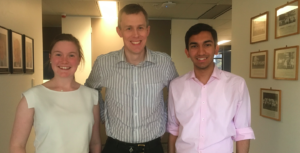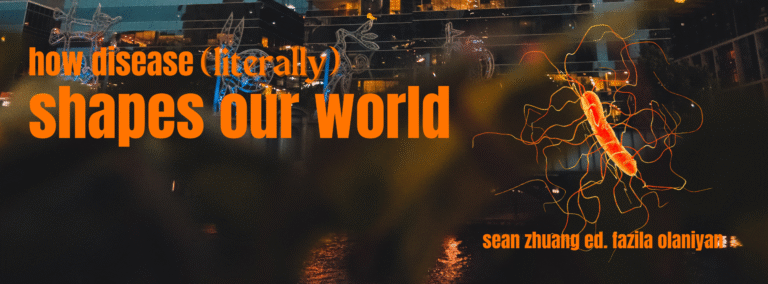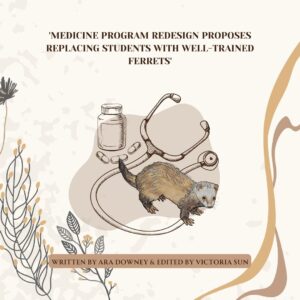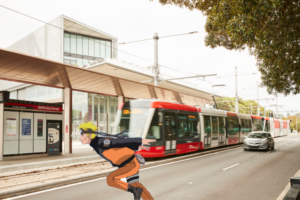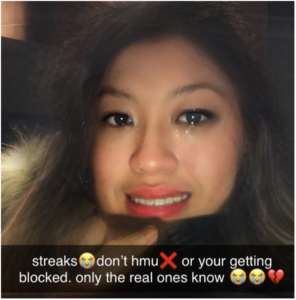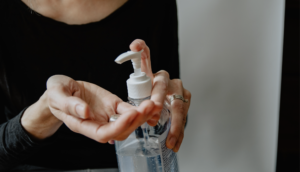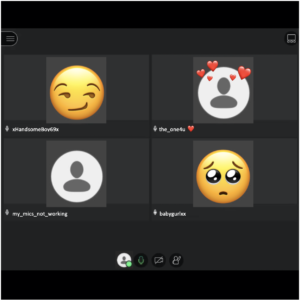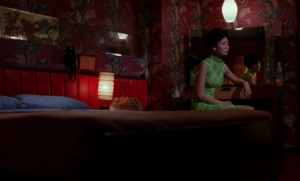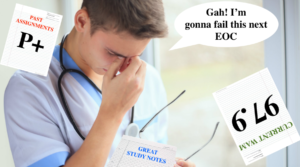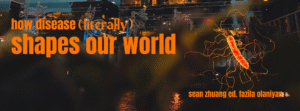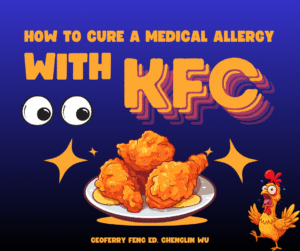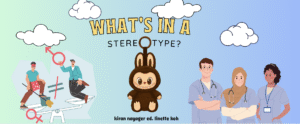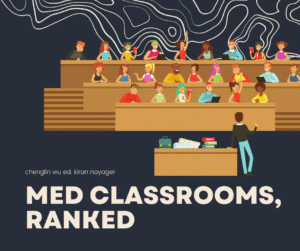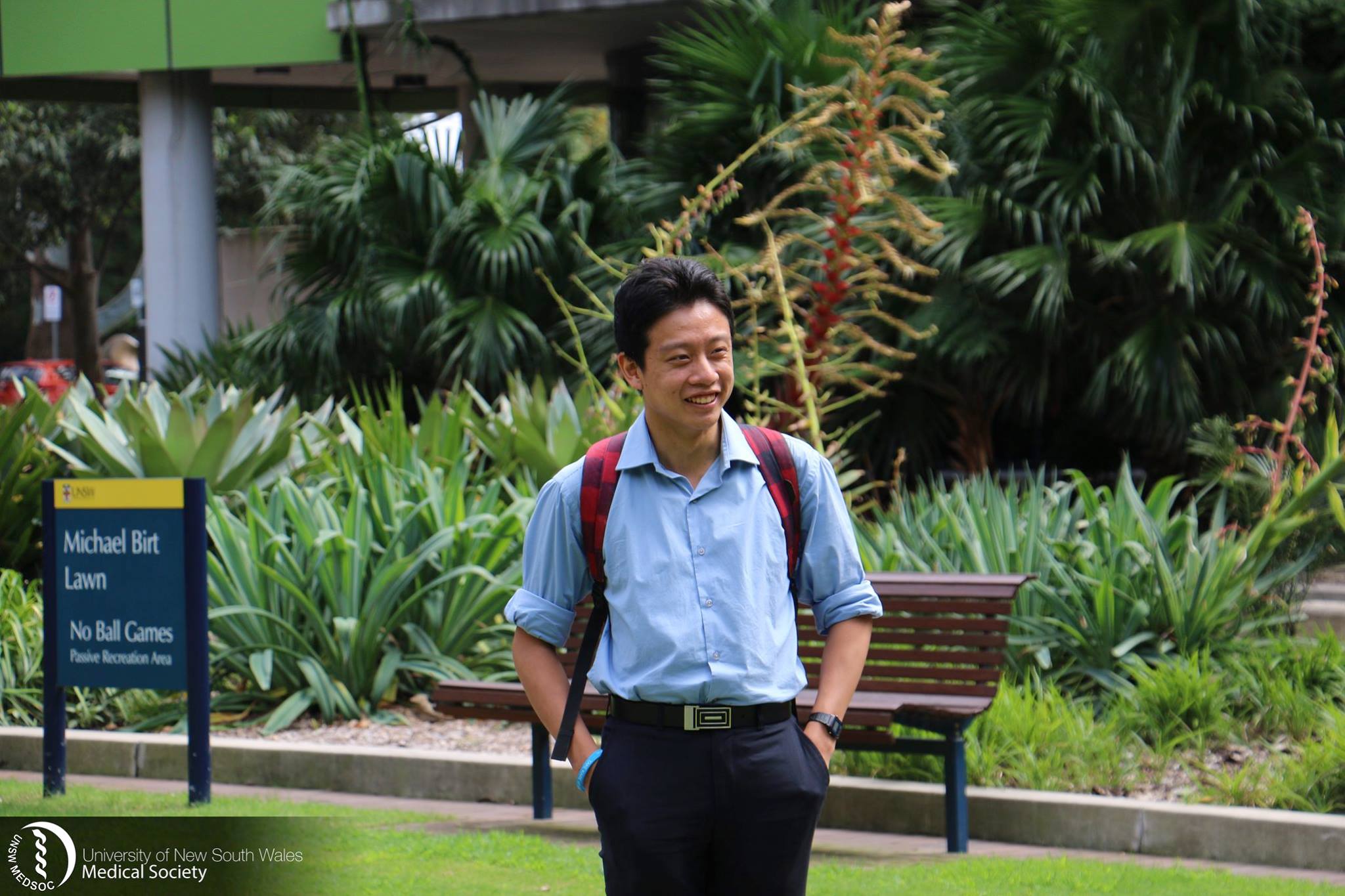
by MASHAAL HAMAYUN
He was elected as President of UNSW’s Medical Society for 2018. Before that he was Secretary and Membership Director. Always found around Wallace Wurth with a smile and chat to offer, his name has become synonymous with all the qualities and ideals associated with medicine, a leader and team member at heart. I had the chance to sit down with Ke Sun and reflect on his time as President – the influences, challenges and future.
What’s been the greatest influence on your term as president?
I think you definitely need a very good leadership team behind you. More importantly, you want to be working in a team where each member has their own visions. I think that distinguishes between a leader and a boss. A leader is not so much about ordering others around, but rather how you can motivate and inspire people to achieve their goals. That’s something I’ve been really proud of this year. So many self-driven achievements, such as your team with The Jugular, and the Academics team doing extra things on the side. That motivates me to go that one step further as well.
Seeking advice from previous presidents like Beryl Lin, has guided me too. It is scary being president. Sometimes you feel like you have to be leading every single step and you get lost yourself. How can a lost person lead others?
Did everyone pull their weight?
[cautious laughter] That might get some spicy responses! I think we just have to expect that in all student societies, there will be volunteers who are doing this for their CV. We just have to learn how – not necessarily just how to deal with them, but how to identify what they can actually contribute and use that to our advantage.
What was the greatest difficulty you faced this year?
After the hype of getting president was over, the reality hit. I’m president of the largest medical society in the country. [a weighty sigh] I was lost in the beginning. Where to start? What to fix? Advocacy? Events? Academics? Faculty meetings, AMSA councils, NSWMSC councils… A lot of scary terms were being thrown around. The initial responsibility of all of that plus a whole team that’s just waiting on you to make the next move, that was very daunting.
That’s when talking to previous presidents and my executive team really helped. And as crazy as it might sound, the 52-page horrific election document I put together, I’d often refer to it and see what my election promises were, and make sure I was delivering.
Despite what you said about feeling directionless, as part of MedSoc I found that one of the biggest positives of being under your leadership was the strong direction propelling us forward, pushing innovation throughout the year.
Well, yeah actually, that is another challenge; How to remain calm on the outside when there’s a massive storm raging inside. [laughs] It’s hard. We run so many events at the same time and there’s issues across different phases. Being able to have a birds-eye view over everything is quite challenging. It was difficult to ensure that work was evenly distributed, and that no one was getting overburdened or left out.
Did you experience any burnout during your term?
Uh… [a contemplative huff] I’ll be honest, I think I got close to burning out last year as Secretary. Those mailouts were heavy, and on a weekly basis as well. We had so many events, so many external opportunities. I put so much work into it, I wanted people to actually read it. I was spending at least 4 hours on it every Sunday.
This year has been OK. Being Secretary last year gave me a pretty good insight of what the President role would be like. I know my signs of burnout, which is important, and having a really good team to support you is essential. Around exam periods, it gets hectic. I have to stand in for other people but I’ve got my own stuff to do as well. Sometimes we forget that we’re still doing medicine on top of all this. At the end of the day, we have to admit that we’re just student volunteers. Our academia, our mental health, our extra-curricular passions, our family – the things that are important to our wellbeing and values should always come first.
You mentioned the great time-sacrifices of leadership. Do you have any regrets?
Not in that sense. All the time I sacrifice for MedSoc, I enjoy because I know someone else will benefit from it. That’s a comforting feeling. I do I wish I had more time to better support my team members. Also, subcommittees – greater recognition for those who do a lot of work. It’s a mixed bag; some people slack off, but some people silently achieve a lot and it flies under the radar. I just have to ensure the incoming team knows all of this, so that the society doesn’t take any step backwards.
You keep returning to the importance of a good team. What do you think of people campaigning to be elected as an exec team? Should we be electing teams or individuals?
With the new restructure, there’s a clearly defined core exec and then a general exec, so it’s easy to campaign as a small core exec team. I have mixed feelings about it. One strength is that you know each other, you’re likely to work cohesively as a group. But on the downside, it dissuades individual candidates from running for core positions. They might think, “Who would choose just me over this well-established group running together?” I would hate for that to happen. We’ll have to see how it plays out in this year’s election.
Why do you think international student representation is so poor in terms of MedSoc exec numbers?
That does bother me. After talking to some international students, some of them seem a little intimidated. Getting elected does require a fair bit of self-promotion. Hopefully that’s something that will improve in future years. We have had some excellent international students in the team though. Our current Sponsorship director, Jonno, is a Singaporean student and he’s been absolutely amazing. Our International Rep team has been great too.
Do you think that MedSoc is exclusive?
No. I think that’s an opinion a lot of students hold; that we’re a little society of elitists doing things of questionable benefit. It’s hurtful. Everything we do is for the students. There’s a difficult lack of transparency surrounding our accomplishments. One of my goals is to break down that barrier. We did try to reach out to students as much as we can, with regular progress updates on the Med Noticeboard. How successful that’s been, I really don’t know.
How did you find dealing with Faculty this year?
Faculty…[grins] that’s a word that triggers many people! I can’t emphasise this more than I have already…faculty do care about students. They’re governed by higher authorities. They’re busy clinicians. On top of that they’re academics trying to ensure you receive a good medical education. Exciting changes include more transparency and the re-introduction of the Dean’s list to celebrate your achievements. Shout out to Phoebe and Naomi! They’ve managed all the Year Reps from 1-6, sat on faculty meetings, with Phase 2 seeing a complete restructure. For myself, meeting Jonathan Pheasant, the Faculty Director, makes it seem like we have a spy in faculty, someone committed to students who is helping us push for everything.
My biggest personal difficulty was speaking up at faculty meetings – learning to say ‘no’. I mean they are your seniors! It took me probably a good one to two months to adjust and stand up for myself. But once you do it’s very rewarding because you realise they’re not as firm as they may seem on the outside and once Professor Velan starts to crack his lame jokes you know everything’s good.
Personally, the greatest lesson I’ve learnt from MedSoc is letting go of responsibility and delegating tasks despite the temptation to take it all upon myself and ‘do it right’. What’s the greatest lesson you’ve learn from your entire tenure in MedSoc?
Some people think that when you’re in a position of power and you bark orders, people will just listen. ‘I’m in charge! Dictator time!’. But I’ve learnt that true meaning of leadership is the complete opposite. It’s about serving others before yourself, even instead of yourself. It’s people who don’t have the passion to cope with that sacrifice who end up being most damaging to the team. Once you have someone like that, it’s like stepping on the accelerator while someone else is pressing the brakes. That’s reality, though. The perfect team is a myth.
Leadership is like climbing a mountain; the path is not always upwards. Sometimes you have to wind around, or even descend a little before you can turn back upwards. As long as you know you’re heading to the summit, eventually you’ll get there. That’s life. Sometimes you’re at the crest, sometimes you’re down below.

Your campaign slogan was ‘The Ke to Success!’. I think you had one of the most successful runs as president ever. What you promised, you achieved. It was inspiring to see a president committed to tangibly improving student-life. So, what is your ‘Ke’ to success?
Thank you, that means a lot. [a pause] My Ke to success? [sighing] I struggle with self-promotion, I find it difficult to talk myself up. I have to work on that. Well, I suppose, it was ensuring the tasks that accompanied our vision were realistic, that we didn’t overstretch ourselves. It’s easy to say ‘I want to do it ALL.’. Up until June, that was my mindset. I wanted to change everything. But Rome wasn’t built in a day. We can only achieve what’s possible today, and have a plan for what’s coming tomorrow.
What do you think your legacy is?
My legacy…? [a daunted deep breath followed by laughter] That’s a big question!
Well, you hear American presidents always talking about what legacy they’re creating.
I’ve never really thought to much about that. But, yes, having a vision is really important. Please excuse all the analogies – but no pilots fly a plane, or even take off, without knowing where they’re going to land. I suppose what I’m proudest of our team accomplishing this year would be the MedSoc restructure. Also, formulating the MedSoc Strategic Plan for 2018-2020, eliminating redundant positions, creating a good internal reporting system and transparent communication. Honestly, I do feel quite stressed with having 14 exec teams to manage, and sometimes when my VP would step out for exams it was just me. We need two VPs.
Just looking at SIGs events in recent years they’ve become almost like little pseudo-MedSocs. Some events are just tutorials regurgitating lecture notes. And there’s so many of them. We wanted to reign it back. So, with the restructure we’re trying to give students a little taste of everything and focus more on how to get into these specialities.
Regarding student advocacy, we recently established a new working group with MedFac called SWAG [laughs] which stands for Students Wellbeing Action Group. Hopefully through SWAG, which is a joint student-faculty initiative, we’ll see improvement. We’re already talking about clinical mentorship in Phases 2 & 3, pairing students up with registrars.
We’re working on our relationship with other MedSoc affiliates as well to present a more unified image. I know that sounds communist [laughing]. We’re making a bigger commitment to global health, promoting GP as a specialty and rural representation, with MSAP, GPSN and RAHMS. So, everything is slowly coming together.
I think events will be the biggest challenge; diversifying, avoiding repetition, engaging Phase 3 students, staying relevant, catering. Quality over quantity.
You’re finally bidding MedSoc farewell. Where to from here?
Where to…[reflective pause]. That’s one of the most asked questions. I mean retirement isn’t always a bad idea! It definitely will be hard to let go all of a sudden after spending three years on the executive team; MedSoc withdrawal symptoms will come out. With the Student Advisory Group and Faculty committees I’ll still be in touch however.
Okay a few rapid-fire questions. Favourite MedSoc events?
Exec meetings? No! [horrified laugh] Most memorable this year was MedBall.
Favourite MedCamp memory?
Let’s just say I have many loyal customers that visit when I’m on welfare year after year. I mean after four MedCamps now…[resigned sigh then laughs]. This year was the first I received a dance… I can’t exactly say I thoroughly enjoyed that.
Last book you read?
How would you define a book – like a textbook? Probably the Bible, and I do thank God for everything I have achieved.
Last film that you watched?
Hmm, when you have Netflix, you can’t remember what you watched. You watch too many.
I started watching Nightcrawler on Monday.
I hate that film! I couldn’t finish it, I just felt so uneasy… how does he get away with it? These days I tend to watch happy films, my favourite is definitely ‘Up’! You never realise the power of silence.
Undoubtedly true. Any final words?
To students who see MedSoc as an exclusive, bureaucratic political society, they should rethink their views on MedSoc. I’m not trying to say their views are flawed. But when you think about MedSoc we run most aspects of your student life in medicine – everything from academic events like hospital tutorials, to social events like Medball, to leadership conferences, to all the issues we raise and fight for you, the list goes on and on. It’ll be a pity if next year’s team isn’t as committed as this year’s one. Don’t be afraid of running. Step forward. Take the challenge.
Thanks also to Jumaana Abdu for assisting with the transcript.



